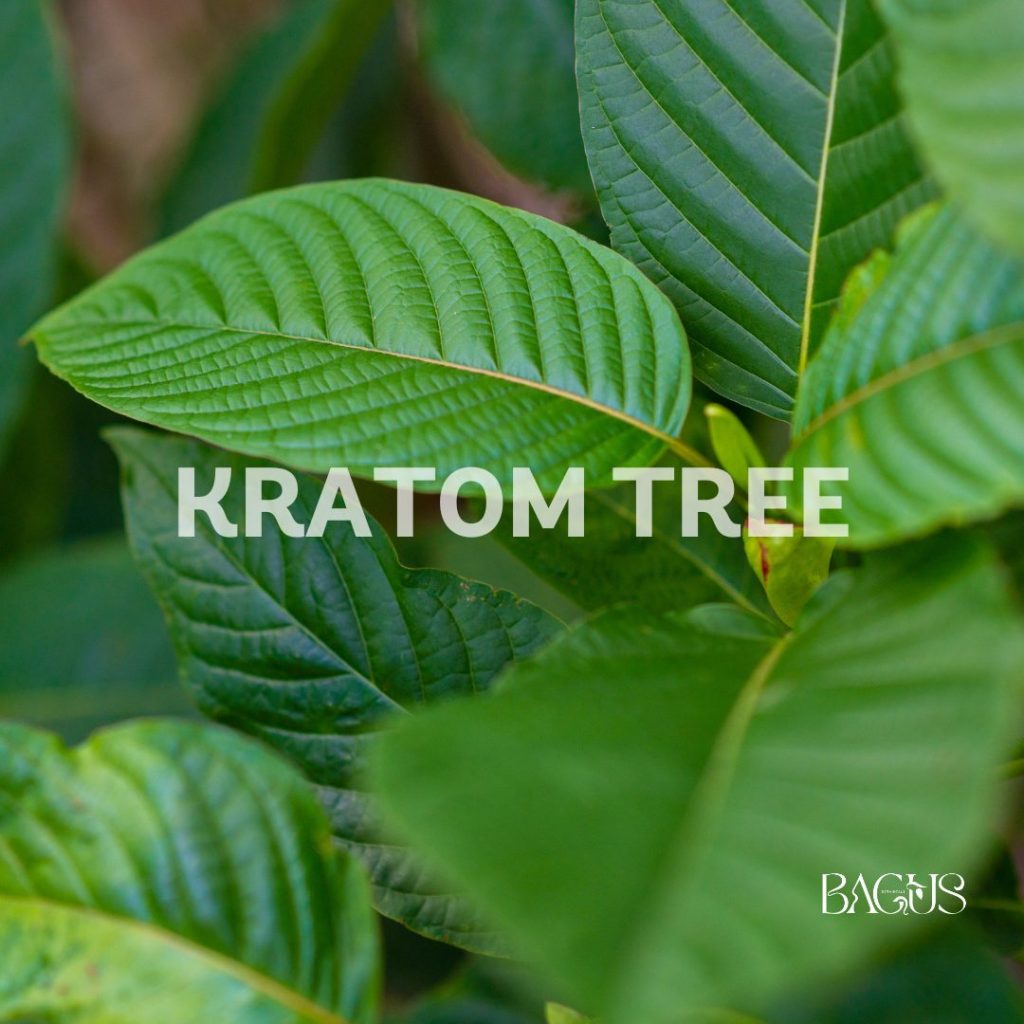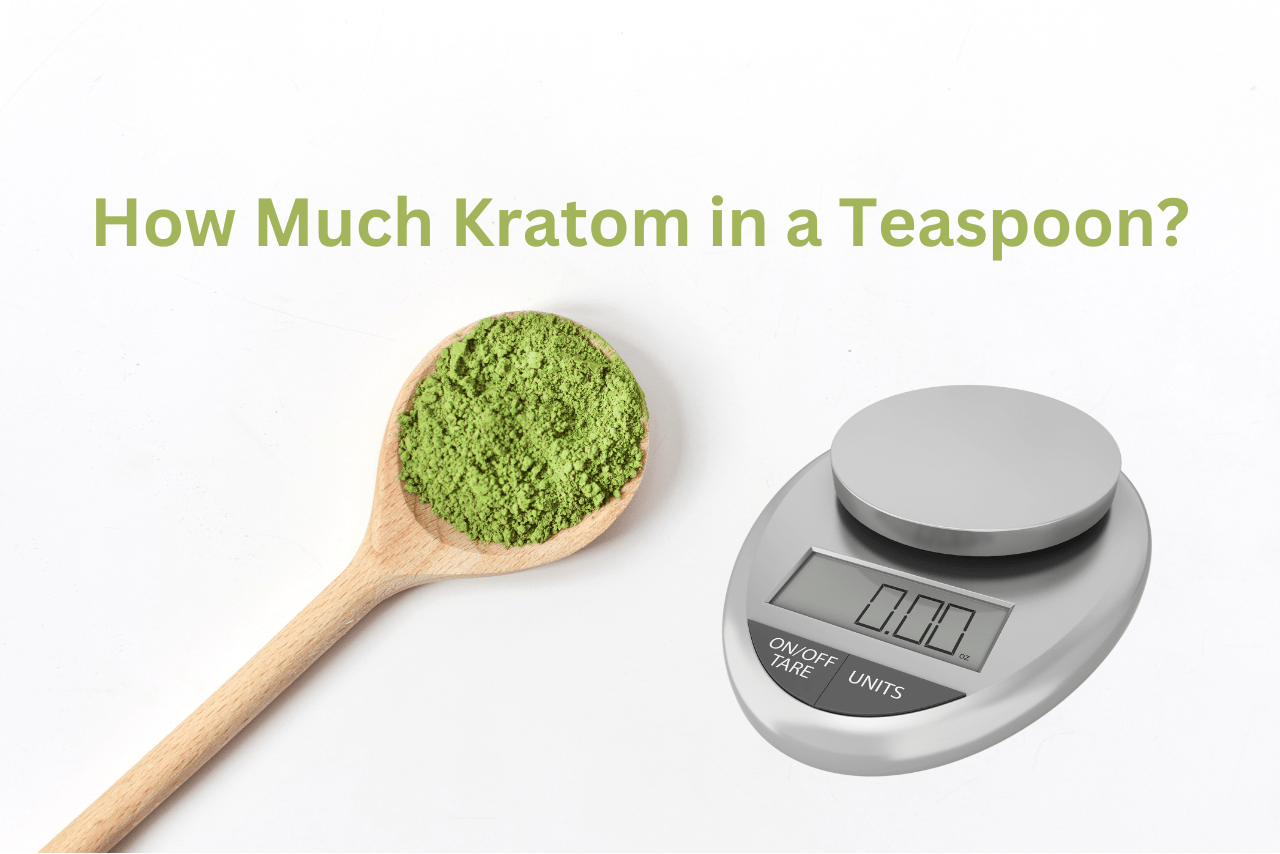Contents
Is it Good to Take Kratom for Studying?
- Written by David
- Updated on April 23, 2025
- Published on
- Kratom Legal Status
Kratom, a tropical plant that originates in Southeast Asia, has recently experienced a sharp rise in popularity as a possible means of enhancing focus and energy. Found in the leaves of the Mitragyna speciosa tree, Kratom for studying can be used at lower doses (which might help in studies) for its stimulating effects, despite the fact that its effectiveness and safety constantly become the subject of discussion and investigation.
Understanding Kratom for Studying
Kratom’s effects are usually dose and strain-dependent. Green Maeng Da, for instance, is sought by consumers because of its characteristic of promoting alertness and energy without the unwanted effects of caffeine, such as jitters. The research indicates that the most active components of Kratom possess “opioid-like” qualities affecting mood and discomfort control, although they are less risky than regular Opioids.
Dosage and Administration for the Study Purposes
An optimal dose for cognitive improvement varies from strain to strain but lies between 1-5 grams for persons who can tolerate it. According to users, this dosage range helps to keep attention and energy levels sufficient for hours of studies, which is crucial during long study hours. Nevertheless, the quantity has to be started from the low range till we test how the consumer is reacting. NSDUH 2019 data showed that 14.1% of kratom users were students compared to 7.5% of the general population.
Safety and Potential Risks
Although Kratom is being praised for its medicinal properties, it also has associated risk factors. The plant has been linked to symptoms such as dizziness, nausea, and addiction. Interestingly, a Johns Hopkins Medicine survey showed that less than 3% of Kratom users suffered severe addiction problems, which are comparable to or lower than the dependency rates related to prescribed opioids. However, overdosing and developing long-term effects such as liver damage and cognitive impairment are concerns that should be fully investigated before Kratom can be exploited for academic purposes.
Legal and Regulatory Challenges

The situation around the legality of Kratom is in dispute. In the United States, the FDA has not approved Kratom as a result of safety and efficacy issues causing different state regulations. The shortage of regulation and standardization makes the conformity of kratom products accessible to consumers complicated. Approximately 0.8% of adults in the US (around 2 million people) reported using Kratom in 2019.
Kratom Use and Its Effect on Academic Success
Despite unofficial stories stating that Kratom may improve study habits and could make you more concentrated and active, formal studies to back this up are quite limited. Recently, a literature review showed that Kratom may have cognitive function benefits, but the evidence yet remains insufficient. The effects of Kratom on the brain, along with its pain-relieving qualities, could be a useful study aid, especially for students who are struggling with pain and opioid withdrawal when they are supposed to be focusing on their studies and academics.
Kratom for Studying Conclusion
Students who want to boost concentration and energy during studying sessions may find Kratom beneficial. Nevertheless, the issue of side effects, addiction, and insufficient clinical evidence calls for careful implementation. The students should consult their healthcare professionals, find out the laws regarding Kratom where they live, weigh the risks and benefits and then decide if Kratom fits into their study plan.




